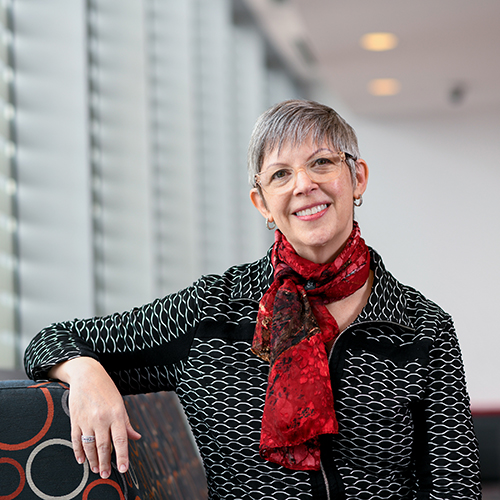by Katharine Stewart
Now that we are nearing the end of the Your Leadership Journey blog series, I want to share something that’s been worrying me. This series was designed to accomplish two things: to help you identify the “how” and the “why” of your own leadership identity and to give you some ideas for how you might apply that thinking to a search for a new job. And I very much hope that this series has been helpful to many of you in those ways. But in this last post in the series, I want to try to accomplish a third thing, which is to remind you that you are making a difference right now, right where you are.
Many of us get caught up in thinking about the next thing, the way we can advance in our careers. That growth can be great when we are ready for it. But when I talk to my colleagues at work or to my coaching clients, sometimes I hear them express worries if they aren’t interested in “the next big job” right away. They ask me, “Is it wrong that I’m not ambitious?” Because higher education is to a great degree about striving (helping our students strive for new skills and for their degrees, striving as faculty for new knowledge in our disciplines, striving to build new connections across campus or with our community partners), I see many people who think they have to be constantly striving towards a new level in their careers as well. And again, that can be good, if you are ready for it. But I want to remind you that leadership does not require a “next level” job.
In the past two and a half years, the COVID pandemic changed most of our jobs dramatically. Nearly all of us in higher education were affected. Many of you made major changes in how you did your work. Some of you had to innovate at a moment’s notice, changing the way you taught or did your research or worked with your colleagues. You had to learn new tools for communication and collaboration. Some of you struggled to balance a completely new set of demands and expectations not only in your work lives, but at home as well. In short, many if not most of you were leading change from wherever you were in the university, whether you wanted to or not.
The pandemic isn’t over, but as it changes, it is giving all of us a chance to rethink who we are and who we want to be. It is giving us a chance to redefine our leadership identities, and to redefine our personal missions. It can be a scary thing to rethink all those things, especially when you may still be recovering from the stress and fatigue of the last few years. But I believe exploring these things is especially important. As we explored in Part Two of this series, there are many leadership opportunities all around you in your current jobs, and it may be that some of these opportunities are ones that you really want to tackle. I hope that this blog series has renewed your understanding of how your “Big Why” can help energize that important work. Whether you want to stay in your current role or seek a new one, I hope you will look inside and discover that personal mission. When I talk to others and they begin talking about their “Big Why,” they just light up. I can see the light in their eyes and hear it in their voice. The energy just radiates from them as they talk about what they want to do and how it’s connected to the thing about which they are most passionate. I hope that this series has helped you clarify that light that is burning in you, helped you define it a bit more, and helped you connect it to the leadership possibilities around you in your current job or in another job that you plan to pursue. But most of all, I hope you will share yourself and that light with others. Some days are easier than others, of course. But I hope you know that you can lead from that place of purpose or mission, from right where you are, and you will make a difference.
Katharine Stewart is the senior vice provost for faculty and academic affairs and a professor in the department of psychology at NC State University. She is also the owner of Katharine Stewart Consulting, LLC. Katharine is dedicated to helping faculty and academic leaders develop successful and joyful careers and to helping universities make the most of their leadership search processes. Learn more about Katharine here.







